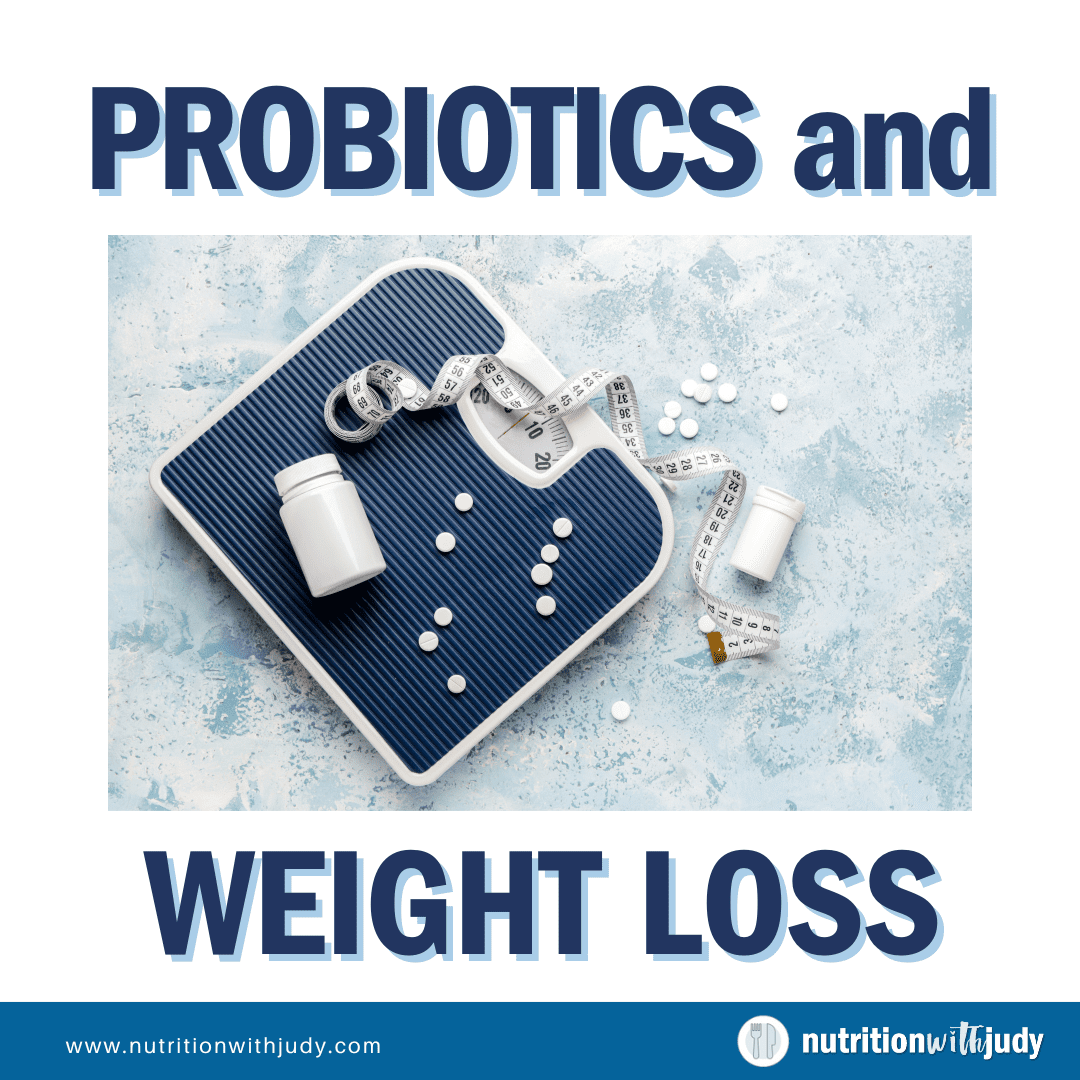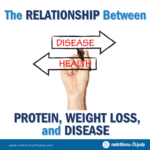

Probiotics and Weight Loss


Original Publish Date: 11/20/21
In my interview with Dr. Seneff this week, we talked about the importance of the microbiome and how glyphosate can adversely impact our gut health.
Probiotics for Weight Loss
In a recently published study of a randomized and controlled double-blind clinical trial, participants that were obese and supplemented with 250 mg of Saccharomyces boulardii and 500 IU of superoxide dismutase (SOD) twice per day for 60 days, had improvements related to body composition and insulin sensitivity compared to the group receiving placebo.
Both groups were also asked to moderately reduce their caloric intake. Only those receiving the active treatment had a significant reduction in weight. You can read the study, here.
While animal studies have indicated S. boulardii’s effect on insulin sensitivity and reduced fat mass, this is the first human clinical trial of S. boulardii as a means of improving metabolic health and reducing adiposity.
Diet should always be number one. But if we can support some of the key strains in the microbiome, we may be better off, especially if we’ve used rounds of antibiotics.
I do offer a Saccharomyces boulardii product but I recommend reading about the different keystone strains of the microbiome before jumping in.
You can read about different probiotics and their roles, here. Learn why you need (or may not need) probiotics before consuming. Our Probiotic Restart Kit is ideal for those who’ve recently used antibiotics or have overused them in the past, and can help with other wellness goals too.
Always educate first and understand the why before starting.
Social Media Highlight: Fiber




This week’s CATG podcast is about F I B E R!
🥦We think that we need fibrous plant foods to fuel our large intestine with short-chain fatty acids (SCFA).
🧬These SCFAs are broken down by the colon to offer gut-supporting SCFAs such as butyrate (butyric acid), propionate (propionic acid), and acetate (acetic acid).
☝🏼Butyrate is essential because it is the preferred fuel source by colonocytes (endothelial cells of the large intestine). In the large intestine, fibrous plant foods require the breakdown of their chemical structure to then make short-chain fatty acids.⠀
⠀
🧀 Dairy contains butyrate in its bioavailable form.
🧈In fact, butter is the best source of butyric acid or butyrate. So much so that the origins of the word butyric acid are from the Latin word, butyrum–the same origins for the word butter.
❓How did we come to think that butyric acid is best from plants?⠀
🎯The no. 1 dietary source of butyrate is butter. Not plant foods but butter.⠀
🌟And don’t worry if you don’t consume dairy. Bacteria ALSO makes butyrate from leftover cells and mucus and the end of our colon (sigmoid) relies more on THIS type of butyrate than in foods. ⠀
🥁The greatest food source for acetate (SCFA) is vinegar. Not a plant food but vinegar. If you are concerned about the lack of acetic acid in a meat-based diet, add a couple of drops of vinegar to water.
🍎ACV may be your friend or your mother 😅
⠀
🔥Butyrate is arguably the more critical SCFA for gut health. Our colon cells get gut nutrients from butyrate and butyrate also produces our colon’s energy.⠀
❓Some argue that a lot of butter has to be consumed for the same amounts of butyrate in vegetables. But plants need to be broken down into SCFAs.
❓What if your gut needs support? What if your large intestine isn’t able to effectively break down these plant foods into butyrate?⠀
🧈Butter is nutrient-dense. Not only does it supply us with butyrate and nutrients for the colon. It also has almost every essential nutrient required by the body.
In health,
Judy



